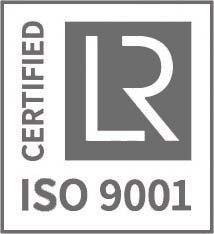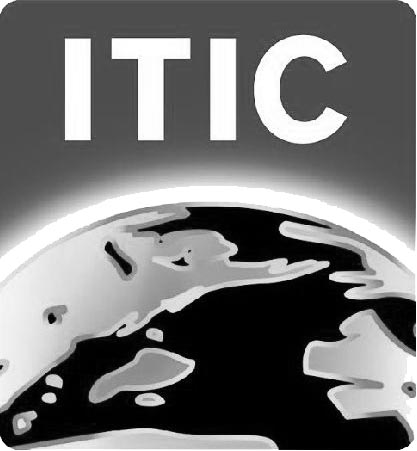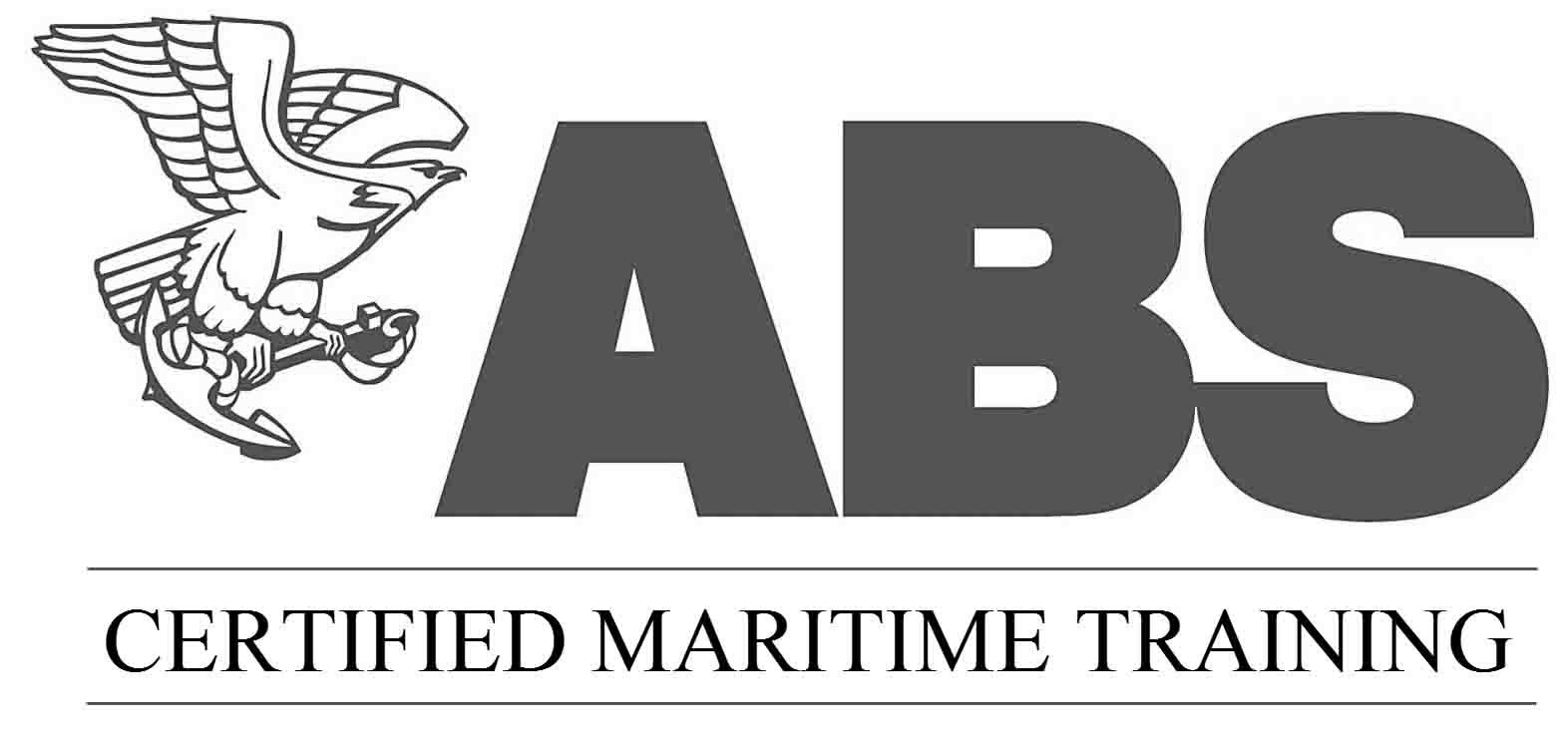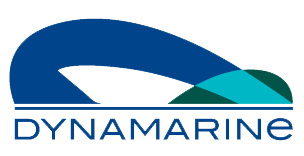Please urgently confirm your clearance (approval) on the nominated vessel for STS! (Ship-to-Ship)
10-01-2014
Please urgently confirm your clearance (approval) on the nominated vessel for STS! (Ship-to-Ship Transfer)
Standardization of STS Clearance from Tanker Operators
?
By onlineSTS.net TEAM
?
|
Clearance requests addressed to shipowners on nominated vessels is standard practice from charterers when they plan ship-to-ship transfer (STS) operations. This practice ensures that shipowners can decide on the suitability of nominated vessels and revert with their consent or rejection. Such clearance requests need to be diligently treated by tanker operators, justified on facts and procedures, since they provide a level of assurance on the compliance of the nominated vessel(s).
?
Tanker operators that adopt prudent procedures on STS safety issues for their shipowners, such as those described by the onlineSTS.net3 service of DYNAMARINe, provide a level of assurance of undertaking in due-diligence. They fulfill the statutory and industry requirements and furthermore, support the interests of shipowners, charterers and cargo owners. Clients of onlineSTS.net service have a proof of track record that strengthens their reputation and performance. Tanker operators? liability when providing clearance to their charterer rests with the fact that they have accepted the suitability of the nominated vessel(s) for ship-to-ship transfer, on the basis of presented documentary data. According to most charter party STS clauses, the final approval, prior to the undertaking of an actual operation, rests with the Master who supervises the operation and also bares full responsibility of compliance with safety. |
Commercial complications can arise, should a master declines a vessel for an STS transfer, once this has been ?prior cleared? by his tanker operator. The master will have to present strong grounds that are associated with safety issues which were not evident during the clearance by the operators.
Safe conduct of STS Operations requires proper planning and prudent risk management from tanker operators. The Shipowner and his master need to have confidence in the competence of the service provider that has been assigned by the charterer or the cargo owner. The Achilles heel in Ship-to-Ship transfers is the fact that there is no direct contractual commitment between the involved parties; i.e both vessels and the service provider. As the contract is between the involved parties and the charterer(s), the only ?tool? that provides assurance for safety is the justified exercise of due diligence. In this respect the onlineSTS.net service of DYNAMARINe provides such turnkey solutions for all STS participants. The majority of STS transfers take place according to the OCIMF/ICS/SIGTTO guidelines. This is a contractual commitment between the charterer and shipowner as well as between the charterer and the service provider. The charterer thus, is the STS stakeholder that provides the assurance that the STS transfer will take place in accordance with the current STS guidelines. Shipowners and Service providers have to comply; however shipowners are the only ones that provide the assurance on the basis of safety. For this reason the charterer has to exercise his due diligence to the best possible extent towards the selection of the service provider.
? ? ? ? OnlineSTS.net Team ? |
?
?
?
1. IMO Manual on Oil Pollution, Section 1.2. Latest OCIMF/ICS/SIGTTO STS Guidelines
3. www.onlinests.net
4. Regulation 42 of chapter 8 of Marpol Annex I
5. Various charter Party STS clauses, such as BPTIME3 or SHELL TIME 4, make reference to the "Latest OCIMF/ICS STS edition"







